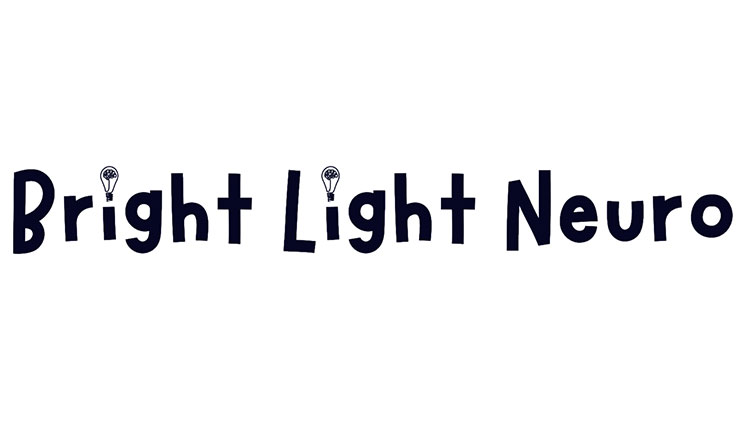How Does the Brain Learn to Link Things Together?
- Published18 Mar 2020
- Reviewed18 Mar 2020
- Source Frontiers for Young Minds
Here are many answers about the brain that inquisitive students may pose. Learn the answers to their questions here.
Access How Does the Brain Learn to Link Things Together? from Frontiers for Young Minds.
CONTENT PROVIDED BY
Frontiers for Young Minds













